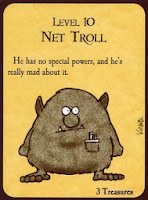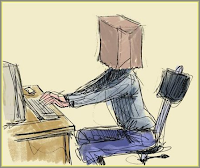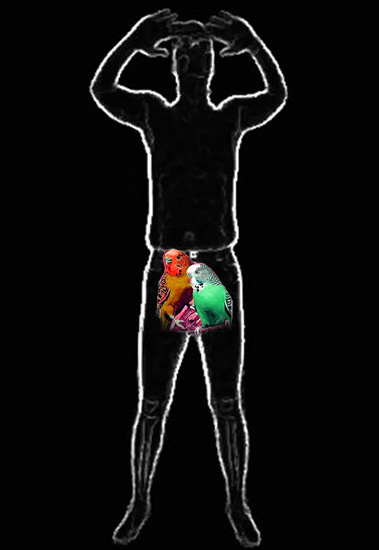I dislike posting purely copied material, especially when it is unattributable, but I heard about this list, and it is every bit as wonderful as I'd hoped from its description.
A long-running TV quiz show in the UK (recently revived) is Family Fortunes, and these are some answers given by contestants over the years. You can also find videos of some of these priceless moments, which confirm their authenticity.
I was honestly crying at some of them - enjoy.
Q: Name something you take to the beach A: Turkey sandwiches
A long-running TV quiz show in the UK (recently revived) is Family Fortunes, and these are some answers given by contestants over the years. You can also find videos of some of these priceless moments, which confirm their authenticity.
I was honestly crying at some of them - enjoy.
Q: Name something you take to the beach A: Turkey sandwiches
Q. Name something a blind person might use A: A sword
Q. Name a song with moon in the title A: Blue Suede Moon
Q. Name a bird with a long neck A: Naomi Campbell
Q. Name an occupation where you need a torch A: A burglar
Q. Name a famous brother and sister A: Bonnie & Clyde
Q. Name a dangerous race A: The Arabs
Q. Name an item of clothing worn by the Three Musketeers A: A horse
Q. Name something that floats in the bath A: Water
Q. Name something you wear on the beach A: A deckchair
Q. Name a famous royal A: Mail
Q. Name a number you have to memorise A: 7 (My absolute favourite.)
Q. Name something in the garden that’s green A: Shed
Q. Name something that flies but doesn’t have an engine A: A bicycle with wings
Q. Name something you might be allergic to A: Skiing
Q. Name a famous bridge A: The bridge over troubled waters
Q. Name something a cat does A: Goes to the toilet
Q. Name something you do in the bathroom A: Decorate
Q. Name an animal you might see at the zoo A: A dog
Q. Name something associated with the police A:Pigs
Q. Name a sign of the zodiac A: April
Q. Name something slippery A: A conman
Q. Name a way of cooking fish A: Cod
Q. Name a food that can be brown or white A: Potato
Q. Name a jacket potato topping A: Jam
Q. Name a famous Scotsman A: Jock
Q. Name something with a hole in it A: Window
Q. Name a non-living object with legs A: Plant (A close second.)
Q. Name a domestic animal A: Leopard
Q. Name a part of the body beginning with ‘N’ A: Knee
Q. Name something you open other than a door A: Your bowels


























